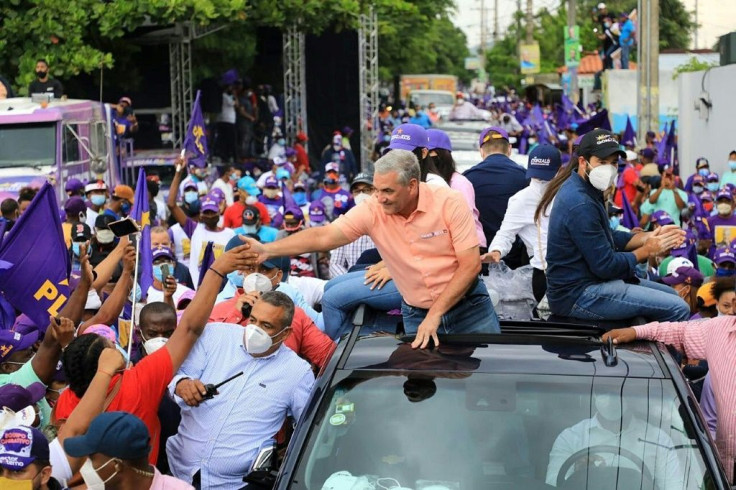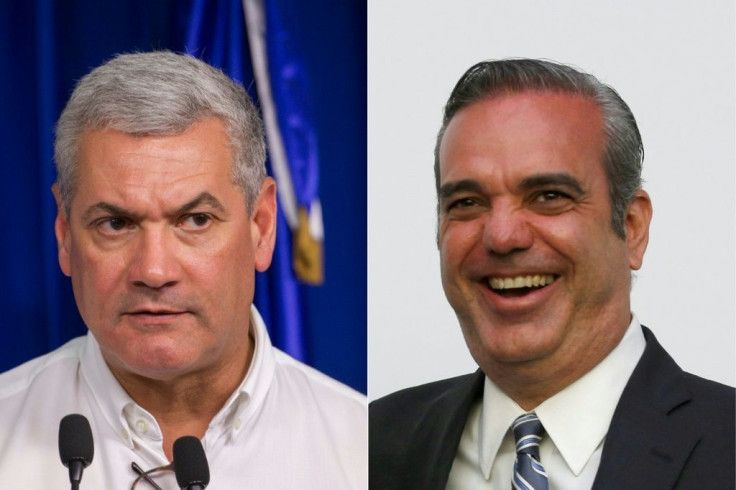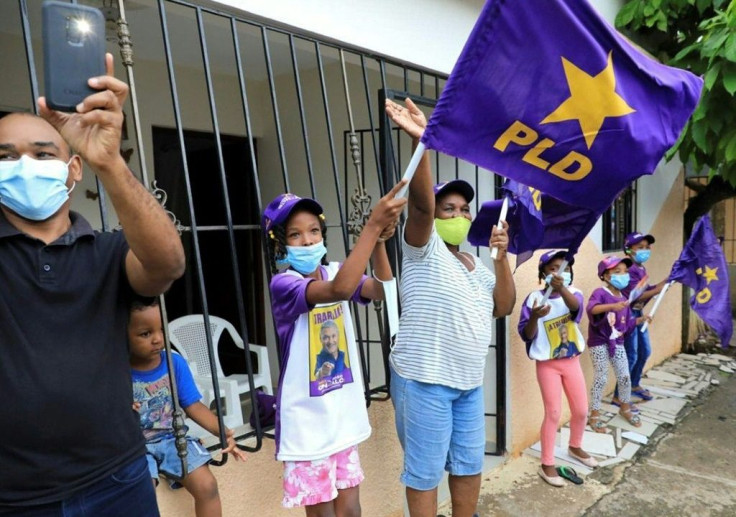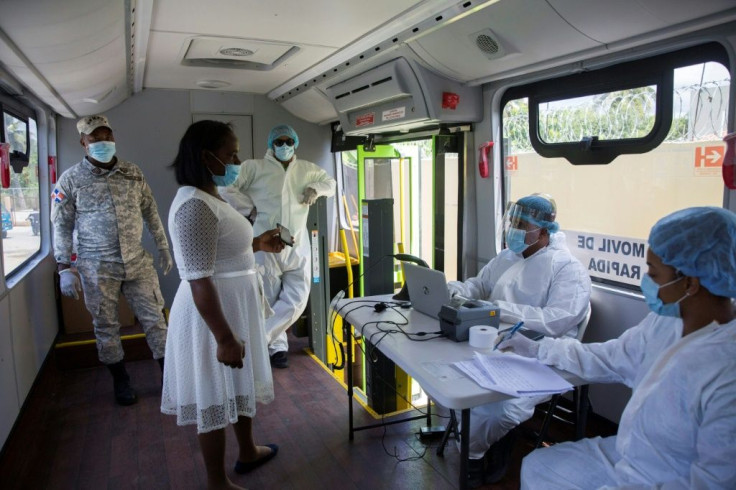Dominican Republic Vote Goes Ahead Despite Virus Threat
Voters in the Dominican Republic are set to defy rising coronavirus infections on Sunday to choose a new president in an election that could end 16 years of unbroken rule by the center-left Dominican Liberation Party.
Opposition candidate Luis Abinader is favorite, having taken a commanding lead in opinion polls despite being forced to abandon his campaign after he tested positive for COVID-19.
Abinader, a 52-year-old businessman, had recovered sufficiently to close out his campaign at a rally on Wednesday.

"Change is coming and the PLD is going," he promised a crowd of hundreds of his supporters, allowed to gather after the government eased a lockdown.
A Gallup poll gives Abinader, from the opposition Modern Revolutionary Party (PRM) more than 53 percent of voter intentions, 20 points ahead of the ruling PLD party's Gonzalo Castillo. Another poll gives Abinader a slimmer 12 point margin.
"The Dominican people should remember that a president is elected in one day, but the consequences last for four years," Castillo told a crowd of his supporters in the town of Monte Plata.

Corruption has been a key issue after protests in recent years over the involvement of local officials in the Latin America-wide Odebrecht graft scandal. The Brazilian construction giant has admitted to doling out $92 million in bribes in the Republic in exchange for winning public works contracts.
Castillo, a former public works minister, is standing for the PLD because outgoing president Danilo Medina cannot seek another term under the Republic's constitution.

The Republic has a poor record on corruption, ranking 137th out of 180 countries on Transparency International's corruption index.
Former president Leonel Fernandez, 66, trails in third place with 8.6 percent. Fernandez ruled for a total of three four-year terms between 1996 and 2012.
Three other candidates are contesting the presidency from minor parties.

The campaign is unlike any other in the tourist-magnet Caribbean republic's history, overshadowed by a health crisis that has hit the country's population of 10 million hard.
The Republic -- which shares the Caribbean island of Hispaniola with Haiti -- has registered more than 34,000 infections from the coronavirus, with more than 800 deaths, according to an AFP tally.
The pandemic forced Medina's government to declare a national lockdown, banning large public gatherings and shutting borders -- a massive economic blow to the region's top tourist destination.
A state of emergency was lifted only this week as parties made a final drive for votes.
The election date has already been pushed back from May 17 but will go ahead "come what may" on Sunday, said the president of the Central Electoral Board, Julio Cesar Castanos.
The authority's advice to voters is: "Put your mask on and get out and vote."
Despite health protocols being put in place at polling stations, Health Minister Rafael Sanchez Cardenas said it would be "practically impossible" not to have fresh outbreaks of COVID-19.
"We have to get beyond this line of 5th of July, hoping that there won't be an overflow of cases and that we will be able to respond," the minister said.
The pandemic has already hit polling by the Republic's 600,000 overseas voters -- representing almost eight percent of the electoral roll.
Most live in the United States, Spain and Puerto Rico, where polling has been taking place. However, expatriates in Italy and Panama have not been authorized to vote because of coronavirus restrictions in place there.
The Dominican Republic is one of the strongest growing economies in the region, recording on average 6.3 percent a year between 2013 and 2018, according to the World Bank.
However, the pandemic risks pushing it back into poverty, the bank warned.
Flights to the country resumed on Wednesday as borders reopened in the hope of salvaging tourism revenue.
© Copyright AFP 2024. All rights reserved.




















